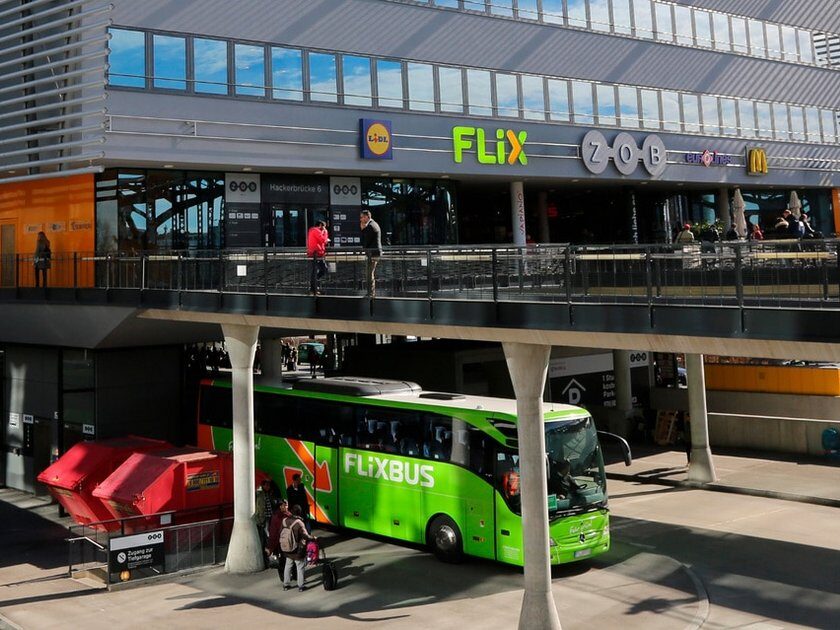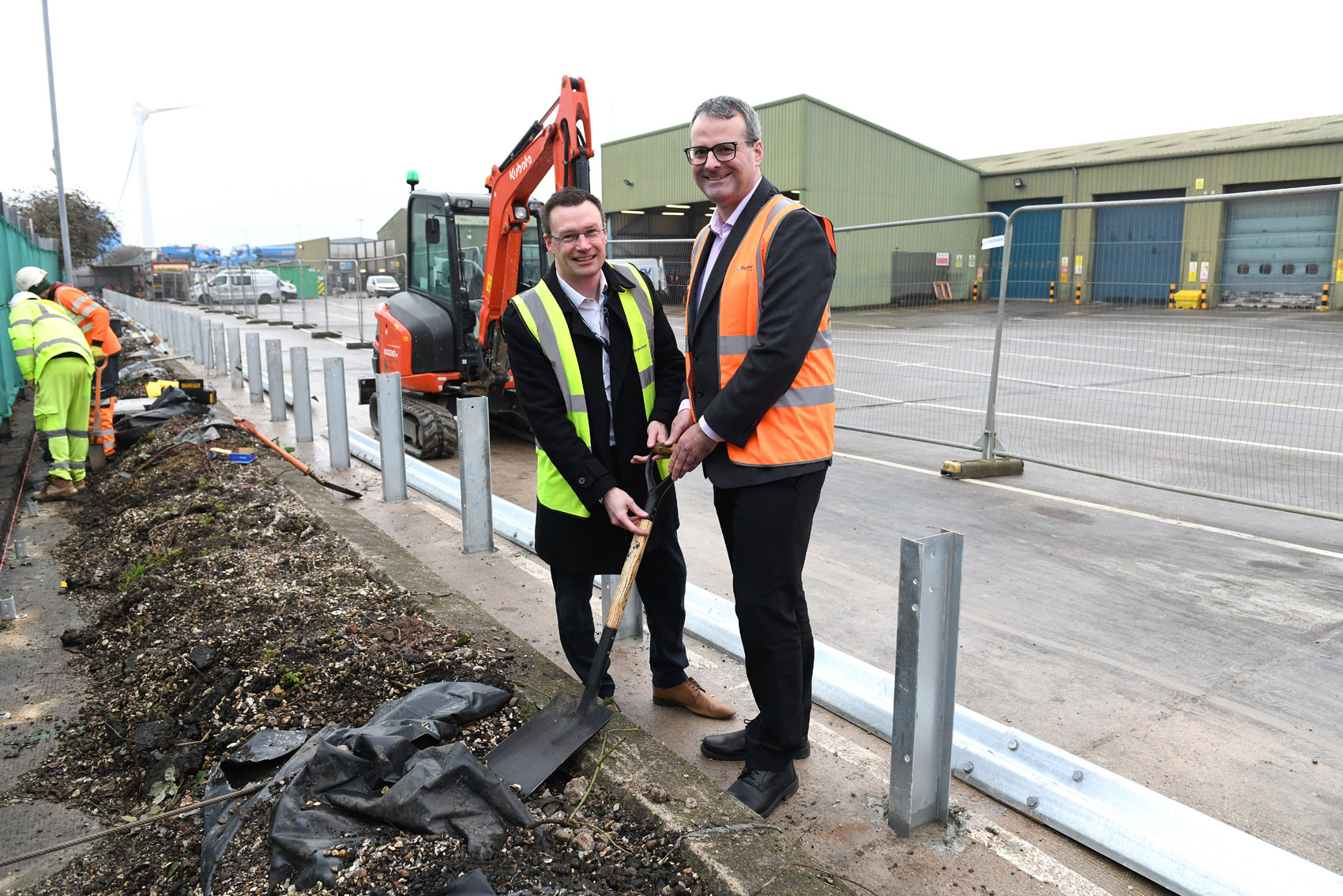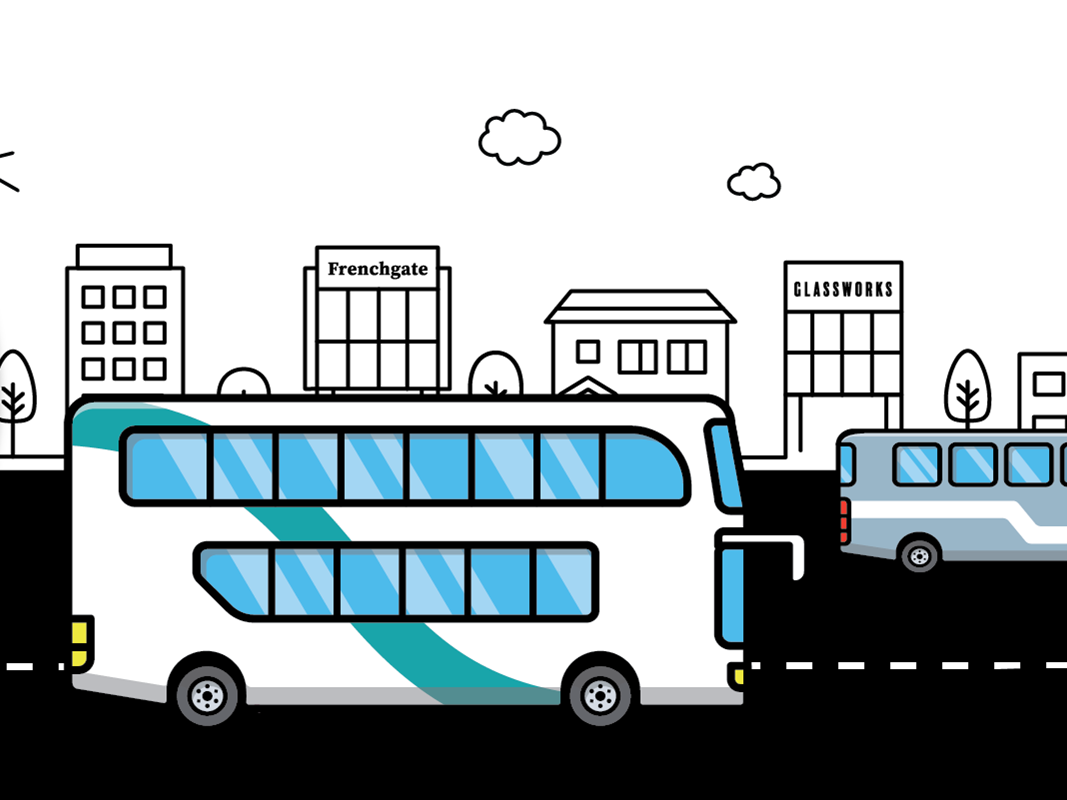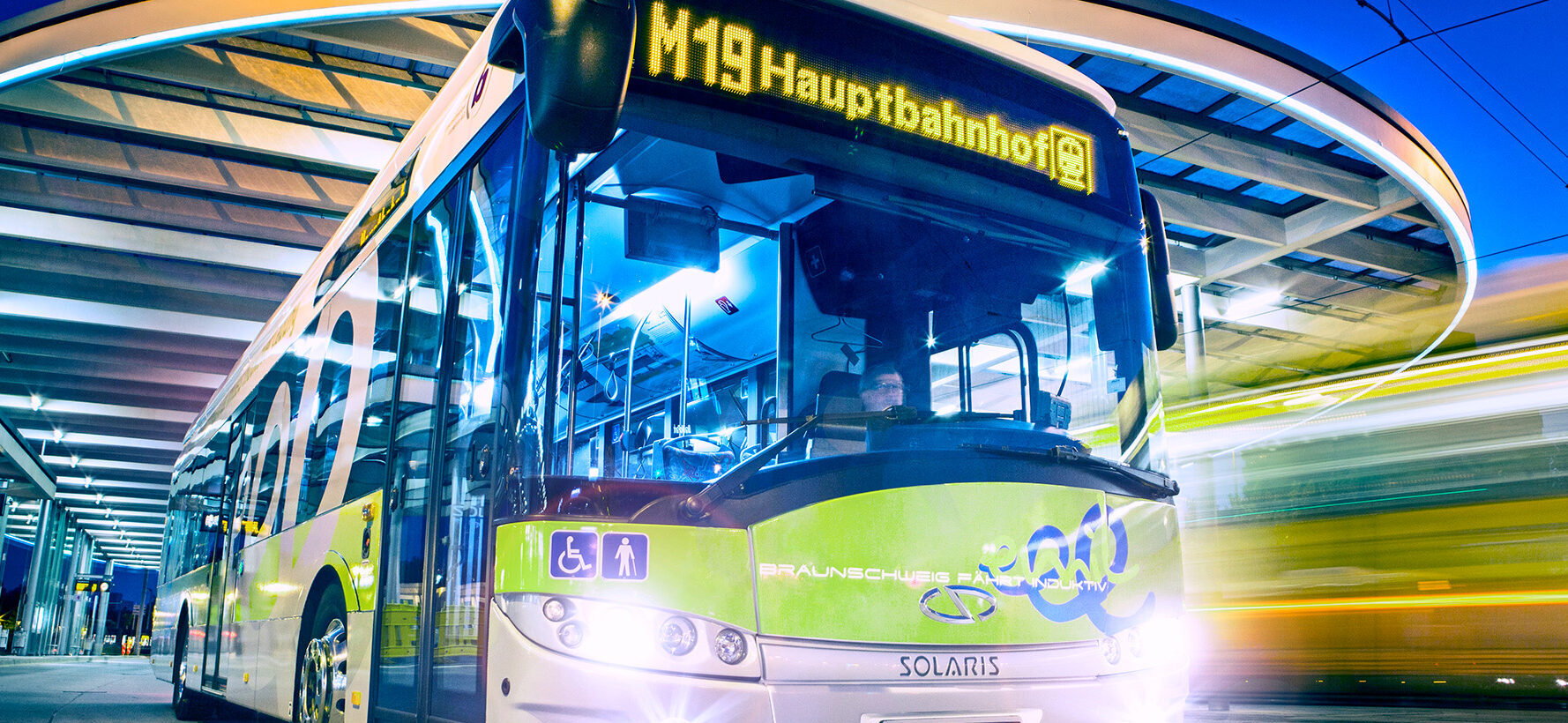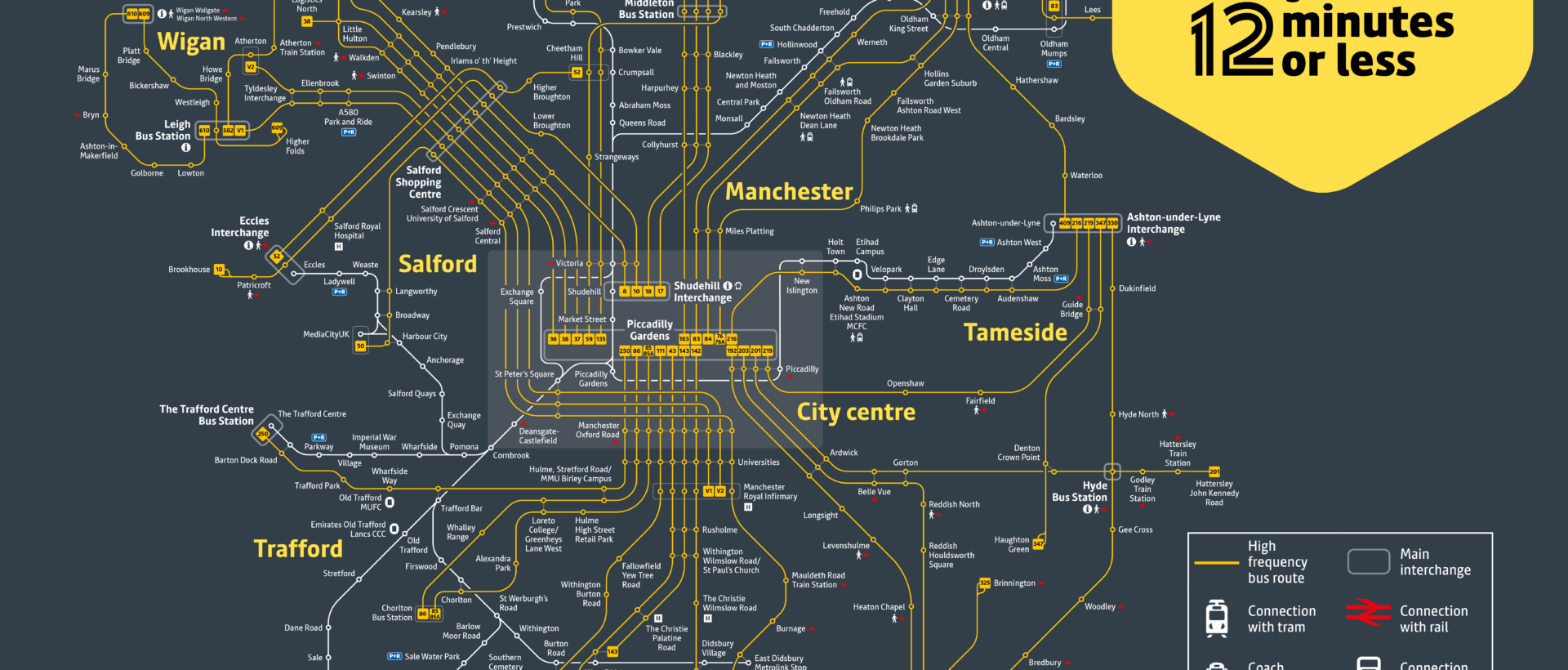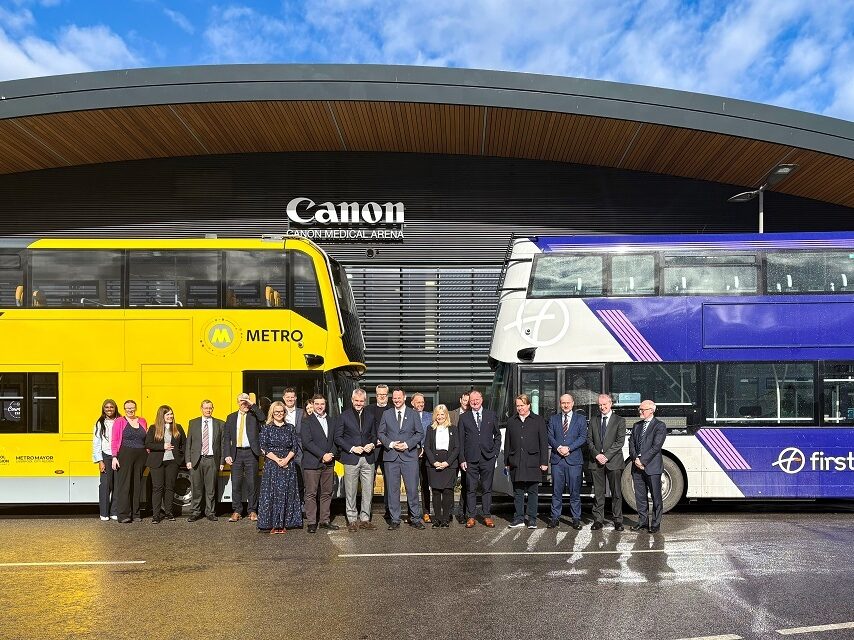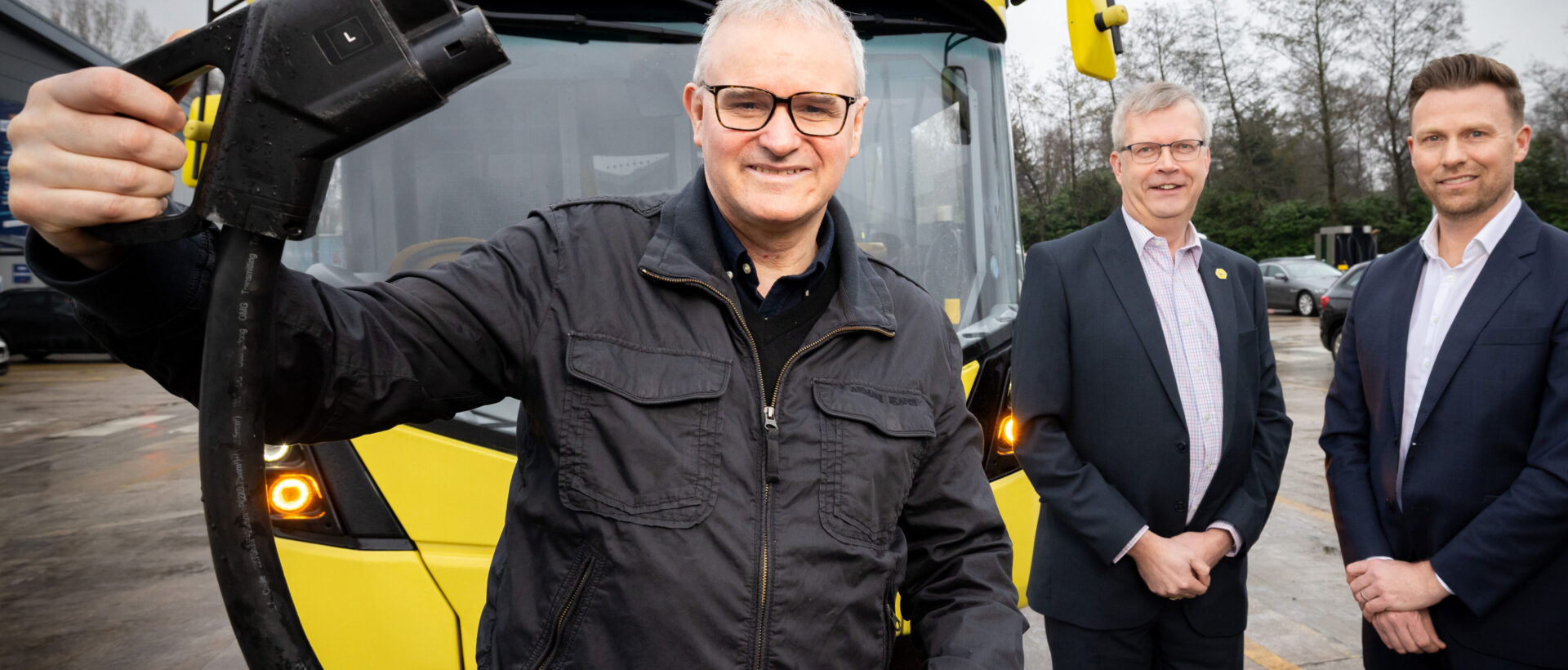Stagecoach and Devon County Council are installing charging infrastructure at an Exeter bus depot in preparation for a new fleet of electric buses.
The charging points, located at Matford Park and Ride, will serve the new electric buses, but will also be accessible to the public when not in use by Stagecoach. This initiative aims to create a Community Charging Hub, integrating high-speed charging technology for wider public benefit.
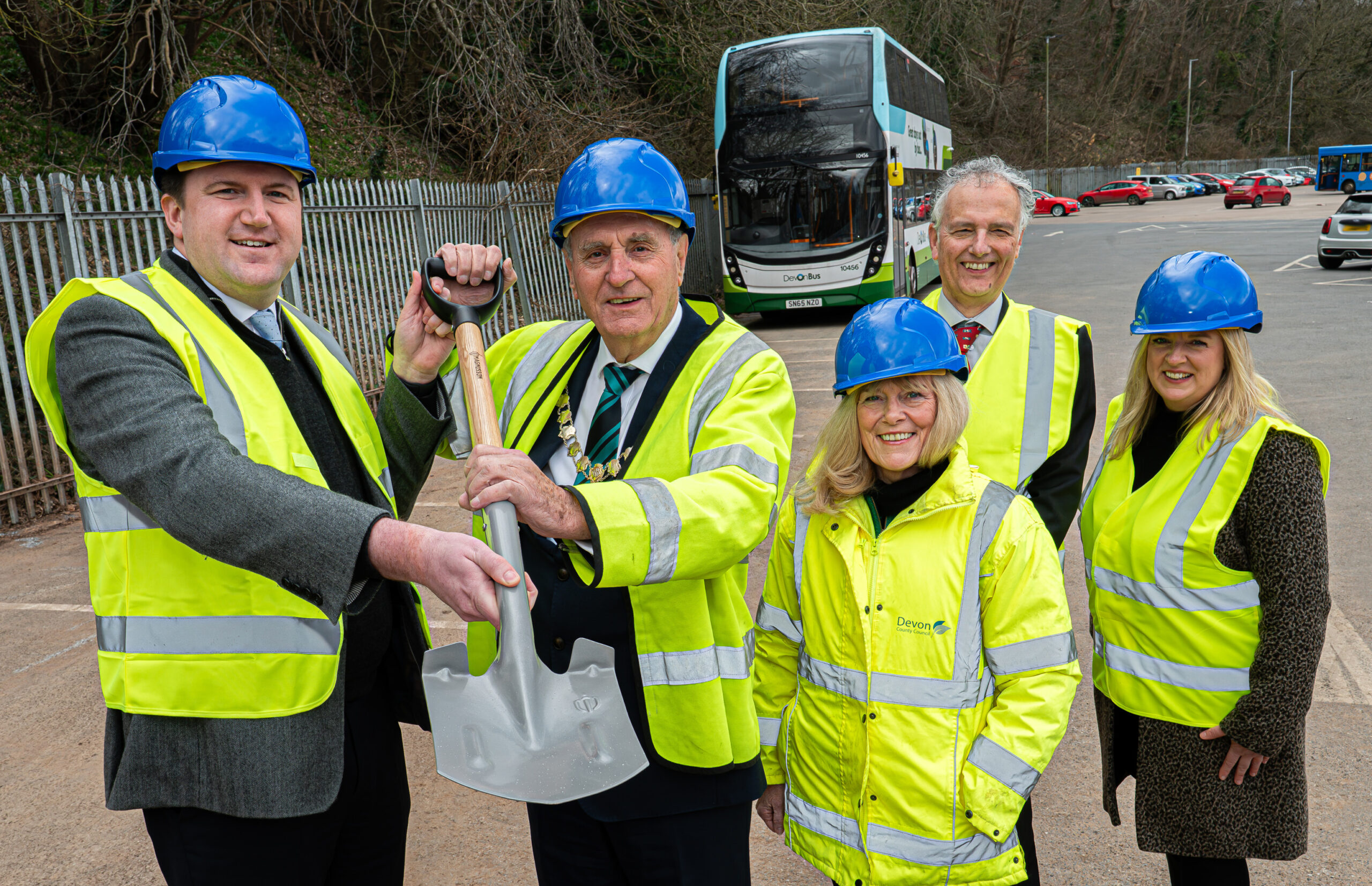
The project is a collaboration between Stagecoach South West and Devon County Council, with funding secured through the Department for Transport’s (DfT) Zero Emission Bus Regional Areas (ZEBRA) scheme.
The initial funding for the project was announced in March 2024. Devon County Council secured the ZEBRA funding, while Stagecoach South West has committed an additional 15 million GBP towards the initiative.
Peter Knight, Managing Director of Stagecoach South West said:Getting spades in the ground is an exciting moment for Stagecoach in the South West, it’s the start of our journey to creating a significant decrease in carbon emissions that will not only contribute to cleaner air and improved public health but also aligns with Exeter's broader environmental goals of reducing the city’s carbon footprint and achieving its 2030 net zero goal.
This project wouldn’t be possible without the backing from local authority partners Devon County Council and Torbay Council who share our ambitious plans to deliver a greener thriving bus service for the region. Their support along with the Government's and Stagecoach Group's gives us confidence for the future, and we look forward to welcoming the new fleet that will benefit the local community and bus users’ alike.
The first batch of electric buses is expected to arrive in Exeter this summer, with further rollouts planned for Torbay and North Devon. The full fleet is scheduled to be operational across the South West by early 2026.
Each electric bus could replace between 20 and 40 private vehicles, leading to a reduction of approximately 40 tonnes of CO2 per bus per year. Over the estimated 15-year lifespan of the 20 new electric buses being introduced in Exeter, this could amount to a reduction of up to 12,000 tonnes of CO2.
The electric buses will also feature improved passenger amenities, including quieter operation, smoother rides, and enhanced accessibility features. The initiative forms part of a broader strategy to modernise and enhance public transport services in the region.
Councillor Andrea Davis, Devon County Council’s Deputy Leader and Cabinet Member for Climate Change, Environment and Transport said:I’m pleased that work is about to begin to deliver the infrastructure needed to support Devon’s new fleet of electric buses.
We are committed to reducing carbon emissions and given that on road transportation makes up more than a quarter of Devon’s total carbon emissions the decarbonisation of public transport is a crucial part of our response to the climate emergency and helping us to achieve our targets.
These new electric buses can help transform our local bus network in Devon and hopefully they will appeal to more people and encourage them to travel by bus.











